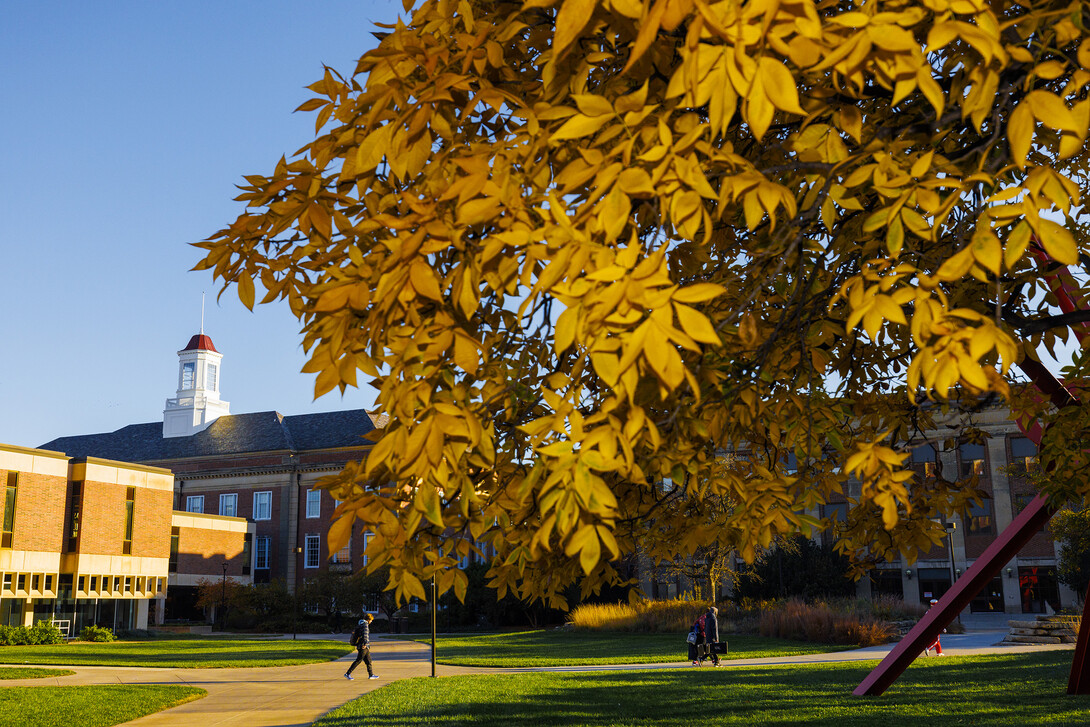
“Communicating Complexity: A No Coast SciComm Symposium” will be held via Zoom from 10 a.m. to 4:30 p.m. Nov. 16
The event is hosted by the organizers of the University of Nebraska–Lincoln’s SciComm Conference. Registration is now open.
This one-day symposium will take a deeper dive into the themes and issues raised during the SciComm 2022 panel of the same name, bringing together scientists, artists and humanists to consider how and why we should develop science communication strategies that engage meaningfully with the complexity of scientific problems, rather than avoiding it. A complete schedule with the speaker lineup is on the website.

Speakers will address:
How can we help non-scientists understand the role uncertainty plays in the scientific process, and the difference between evolving knowledge and “settled science”?
How can we reconcile scientific ideals of “objectivity” and “parsimony” with greater appreciation for complexity in science?
Does communicating the complexity of scientific concepts necessarily mean explaining them in more technical detail?
Are there alternative views of complexity – such as those reflected in indigenous knowledge systems and in arts and humanities disciplines – we can utilize to communicate more effectively about problems like climate change?
The symposium will feature a pre-recorded keynote by Robin Wall Kimmerer, SUNY distinguished teaching professor of environmental biology, author of “Braiding Sweetgrass: Indigenous Wisdom, Scientific Knowledge and the Teachings of Plants,” and a 2022 MacArthur Fellow. Kimmerer is the founder and director of the Center for Native Peoples and the Environment, whose mission is to create programs that draw on the wisdom of both Indigenous knowledge and scientific knowledge for our shared goals of sustainability.
The SciComm Conference — known informally as No Coast SciComm — is hosted biennially at the University of Nebraska-Lincoln, attracting scientists, students, discipline-based education researchers, K–12 teachers, science learning researchers and evaluators, policymakers, formal and informal science learning providers and science communicators from across the United States. The conference will convene again in Fall 2024.
This symposium is supported by the Scientific Nebraska Grand Challenges planning grant, the Nebraska State Museum and the Center for Science, Mathematics and Computer Education.







